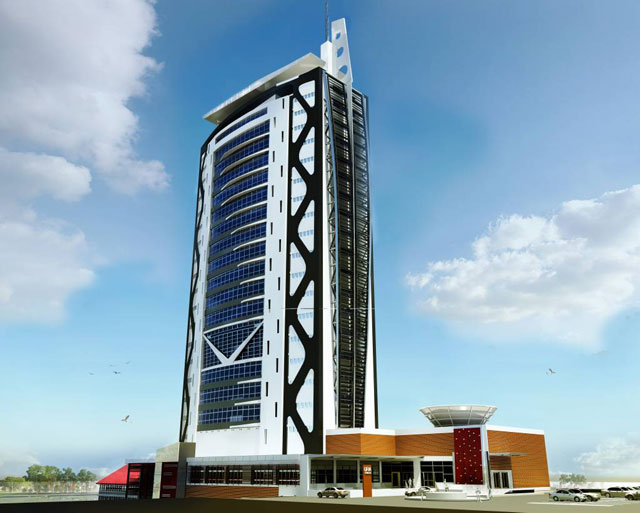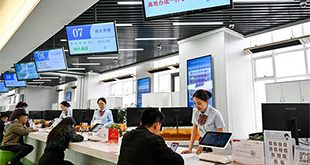
Kampala, Uganda | COMMENT | UGANDA MEDIA CENTRE | As Uganda Revenue Authority (URA) strives to improve customer service under the Modernisation Programme, using client centred approaches, there are several fragmented processes handled in different locations.
URA incurs a lot of expenses on communication and travel between the various offices to provide service. This has led to operational inefficiencies, high process turnaround time and low staff productivity leading to poor service delivery and high cost of doing business to both URA and tax payers.
The design of rented premises does not match the desired URA workflow requirements that enable full deployment of both human resources and systems. URA has incurred costly alterations of rented premises to suit office accommodation needs. In the last 10 years, several URA offices within Kampala have relocated more than three times in search of suitable premises resulting into disruption of services and high relocation costs.
The costs also include restoration of the vacated premises to their original state which is a contractual requirement for any rented premises. For example, Tax Investigations Department has relocated twice in three years in search of suitable working space including space for laboratories.
Rental and other operational expenses in Kampala, Mukono and Entebbe are high and unsustainable in the long run. In the last three years, rent expenses for most of our offices in Kampala have doubled. This leaves URA with limited resources to invest in other critical areas like staff capacity building, research and taxpayer outreach programmes.
URA current working space of 8000 sqm in Kampala, Entebbe and Mukono is insufficient for her space requirements let alone the projected growth in staff numbers in the next 10 years which requires additional space. The limitation in working space has led to competition for meeting rooms, congested offices, poor storage of tax and other records, leading to costly, piece-meal solutions.
Health and Safety Standards for most URA offices remain inadequate. The current operational areas are dusty, poorly ventilated, inadequate sanitary provisions, insufficient physical access controls, lack adequate fire-fighting systems and generally lack facilities for a modern office environment.
 The Independent Uganda: You get the Truth we Pay the Price
The Independent Uganda: You get the Truth we Pay the Price



